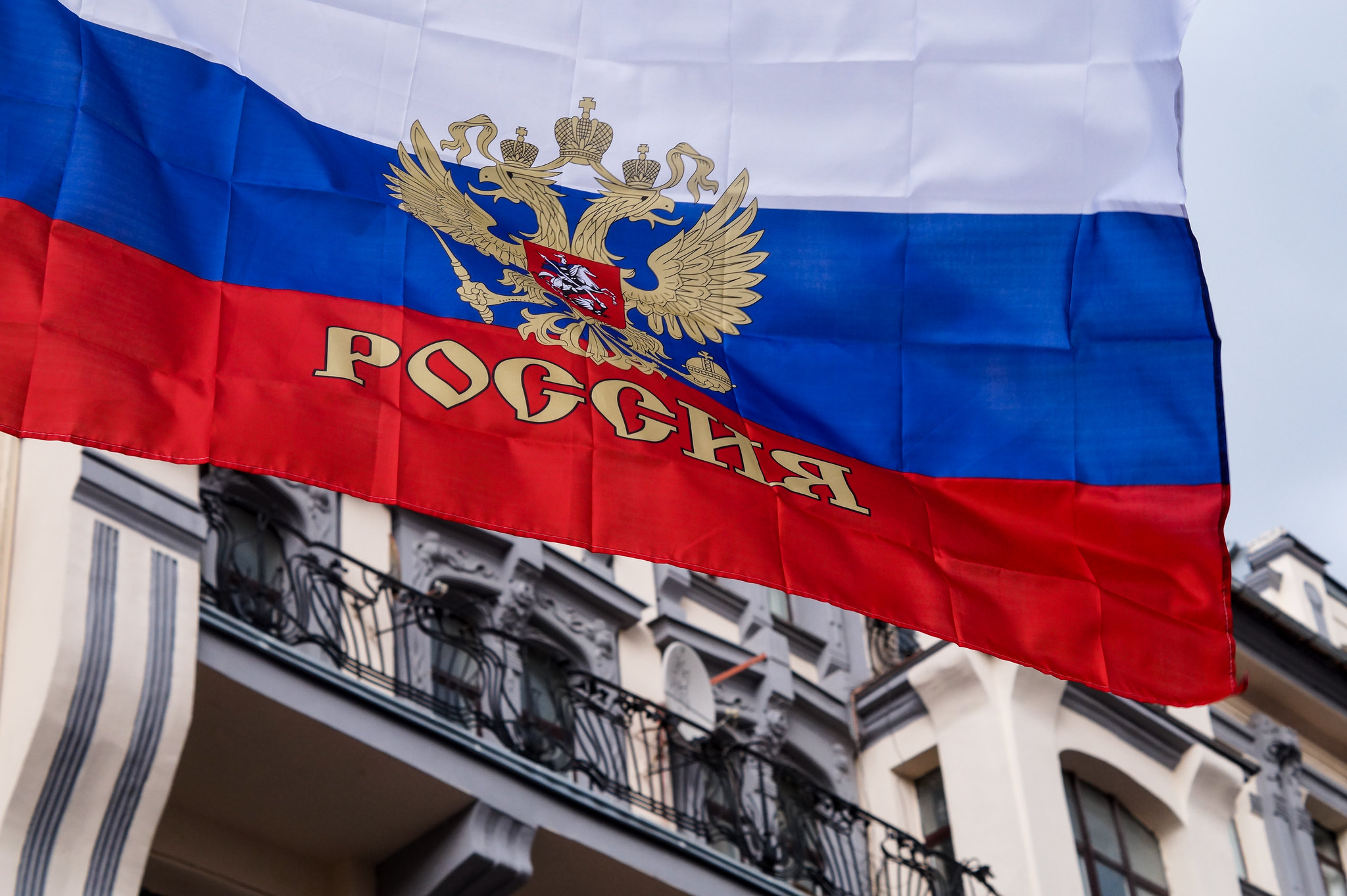Since last Friday’s attack on Moscow’s Crocus City Hall, in which four Tajik nationals are accused of killing 139 people in an attack claimed by the Islamic State jihadist group, Russia has reported an increase in beatings, vandalism and racism against Central Asian migrants, on Wednesday the 27th of March,reported the British broadcaster BBC.
Several suspects, all from Central Asia, have been detained in connection with the attack.
According to the Russian Interior Ministry, there are around 10.5 million migrants
from Uzbekistan, Tajikistan and Kyrgyzstan working in Russia, and even more are undocumented migrants. They make up a significant share of Russia’s migrant workforce, especially in the retail, transport and construction sectors.
After the Moscow terrorist attack, the Tajik embassy advised its citizens to stay at home.
Many already face high levels of discrimination, often in the face of widespread social xenophobia, for which they are perceived as lower class, Texas A&M University professor Edward Lemon told the BBC.
Retaliatory incidents such as the burning of migrant-owned business and beatings were reported over the weekend. Migrants from Kyrgyzstan were held for two days without food or water at Moscow’s Sheremetyevo airport before being sent back home, while taxi drivers in Moscow reported that customers asked them to prove that they were not Tajiks.
A few hours after the Crocus City Hall attack, the Telegram group chats showed anxiety among the migrant community in Russia.
“Many people already don’t like non-Russians, and now there is this situation,”
one person wrote in a group called “Tajiks in Moscow”. Another, concerned about the threat to the Tajik community, said, “Please God, let [the attackers] be Ukrainians!”
Valentina Chupika, a lawyer who works with migrants for free, told the Russian media outlet Mediazona that she received 2 500 reports of “aggression” in the two days after the Moscow attack.
Police have broken into migrant dormitories and hostels across the country and detained several people. More than 30 cases of torture were also reported after the arrests and the number continues to rise, Chupika told the BBC
She highlighted systemic discrimination against migrants, particularly those with “non-Slavic facial features”, stressing that it is the law enforcers who encourage violence.
Although Friday’s attack in Moscow has inflamed the situation,
migrant communities have long been the target of police repression, according to the BBC. Russian authorities carry out annual campaigns against migrants, leading to raids on businesses and then mass deportations.
Despite reports of violence, many Central Asian migrants, especially from Tajikistan, continue to work in Russia under economic pressure. In addition, complex migration laws often force migrants to live without the necessary documents, exposing them to potential exploitation, poor living conditions and inaccessible healthcare.
Shortly after the Moscow attack, several Russian MPs called for stricter migration laws, with one MP suggesting that
migrants should be expelled from Russia “for the slightest offence”.
However, due to labour shortages exacerbated by the Ukraine conflict, Russia relies on migrants from Central Asia and cannot afford to expel millions of workers.
Also read: Putin says Islamists orchestrated concert attack, implies Ukraine played role
Follow us on Facebook and X!

